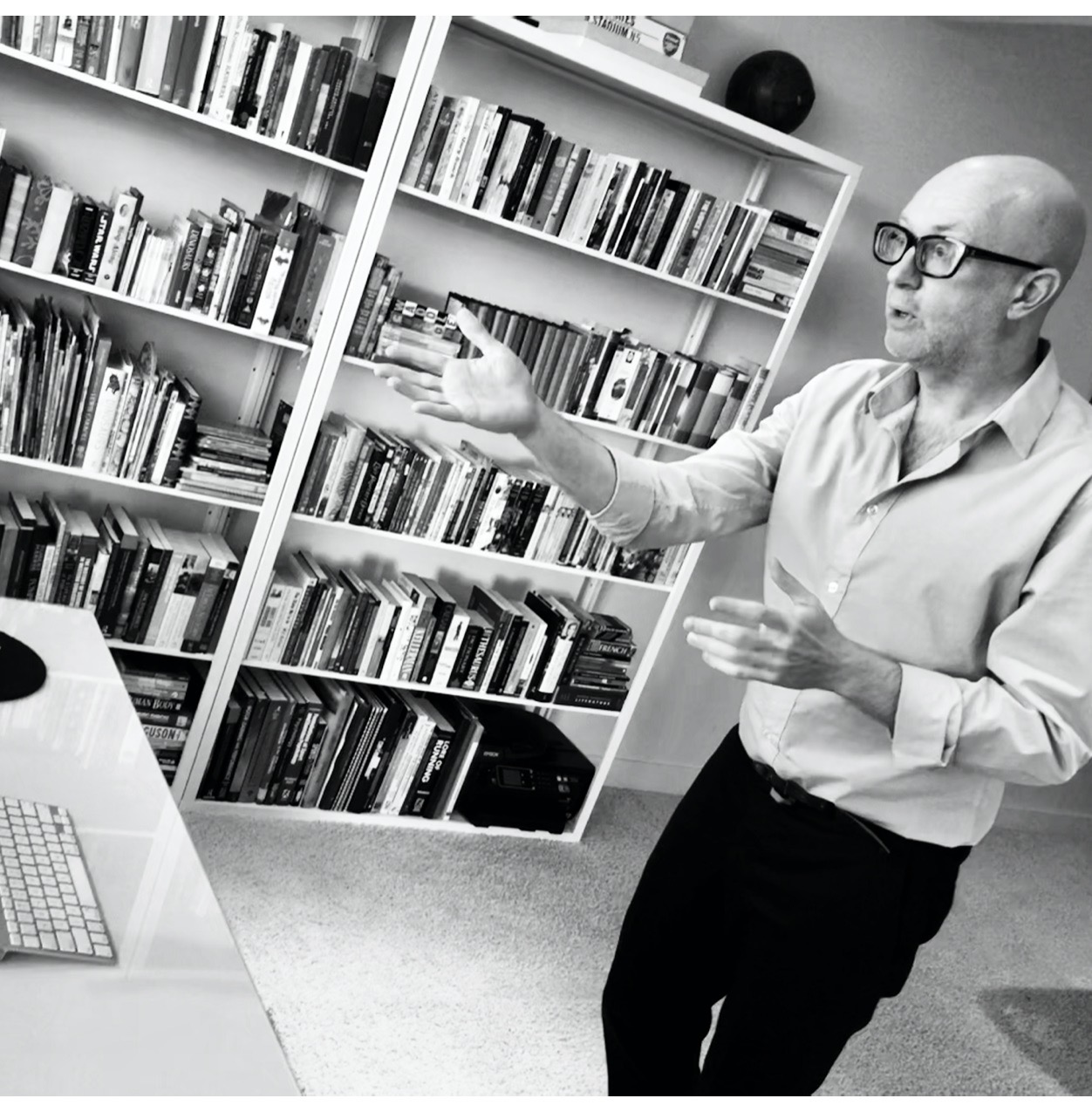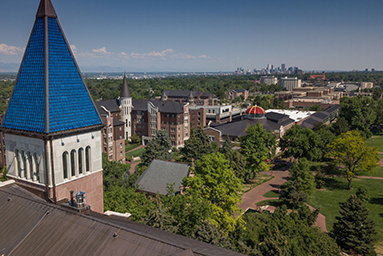Making sport safe: a start
AGAIN! IT’s HAPPENED AGAIN! Coach abuse in sport. Again! The last few years in sport have seen, time and time, and time, again, disclosures and revelations of coach abuse in sport. So much so, it’s no longer shocking. It’s expected, and we’re waiting to hear about the next one.
In January, Canadian sport was rocked by scandals that exposed abusive coaches, and also the institutional mismanagement of abuse by national sporting organizations. “A dirty hidden secret in sports… the tip of the iceberg”, said Kirsty Duncan, the former deputy leader of government. Hockey, gymnastics, soccer, water polo, swimming, skiing, bobsleigh, rowing, boxing, all evidenced.
But it’s not just Canada, this past summer I wrote the following words in reference to UK gymnastics:
“Chilling, hideous, murky: we’ve all seen the Whyte [govt.] report [on U.K. gymnastics] and many other stories, and we’re all shocked. But let’s stop the gory headlines. Saying sport—supposed to boost a wealth of desirable skills, not trauma and abuse—needs to change is rather like saying fish swim in water; it’s obvious.
Let’s think about making the change, short of more legislation, happen. Legislation is after all forcing change, and surely forcing people to do things can never be totally effective. Prisons would be empty if it was.”
There are big differences between saying something and doing it, or even knowing how to do it. And the fact that all sports, it seems, has been promising yet not doing the change it requests of itself, in spite of 50 years of positive coaching research, means clearly and simply: we are not sure how.
“If only there was a way of coaching ethically and producing winners at the same time” bemoaned the panel of experts that included the Chair of UK Sport, Katherine Grainger, in a special BBC debate on sports’ bullying crisis in 2017, apparently unaware that the burning resentment or crushingly low self-esteem that results from not coaching ethically, are far from ideal performance states.
Sport needs cultural change, and we need to consider how and what coaches learn, argued Sean Ingle and Cath Bishop in opinion pieces in the UK’s leading intellectual newspaper The Guardian, both making excellent points in the process. The problem however, is culture is never the unit for sports or coaching analysis.
Culture is soft, unimportant, and is perceived to not add anything useful, when compared to numbers, for performance. Cultural, social, wide, or “human relational everyday real-life” scientists do not do sport. Natural, hard, statistical scientists do. And while there is no question scientists do great work, what doesn’t help them, is their laboratory sciences work by reducing the parts being measured, it has to. If the parts are any bigger or there are too many, accuracy and trust in the knowledge has gone.
Laboratory science applied on the body is critically important but applied on humans’ behaviours, it misses too much. The lab science information is not wrong, it’s proven as true. But if you reduce what's measured, everything else reduces too: what's seen, thought, done; the problems and solutions; and no one knows how the parts connects, how many you need, what’s most important and so on.
It is incredibly hard then, for the sport to change culture and coaches to think broader as the media’s commentators ask them to do, because while it may sound trite it is also undeniably true: coaches can’t see woods for the trees. In fact, they can’t even see the trees for the leaves, because it’s only leaves that their education gives them knowledge of.
Which is likely why in 2017, British cycling’s scientific “no stone left unturned” marginal gains focus meant they couldn’t see the bullying culture developing as the massive undermining-performance obstacle it likely was.
So, let’s broaden vision. Let’s see the trees, the woods, the mountains and so on. In our MASC program, as well as science [understanding leaves] we study culture [understanding woods], and in our follow-up blog, we will describe how cultural theories [social, wide, or “human relational everyday real-life” theories] add to the understanding of coaching in ways that show ethical coaching as winning coaching. The first steps to truly safe sport.



